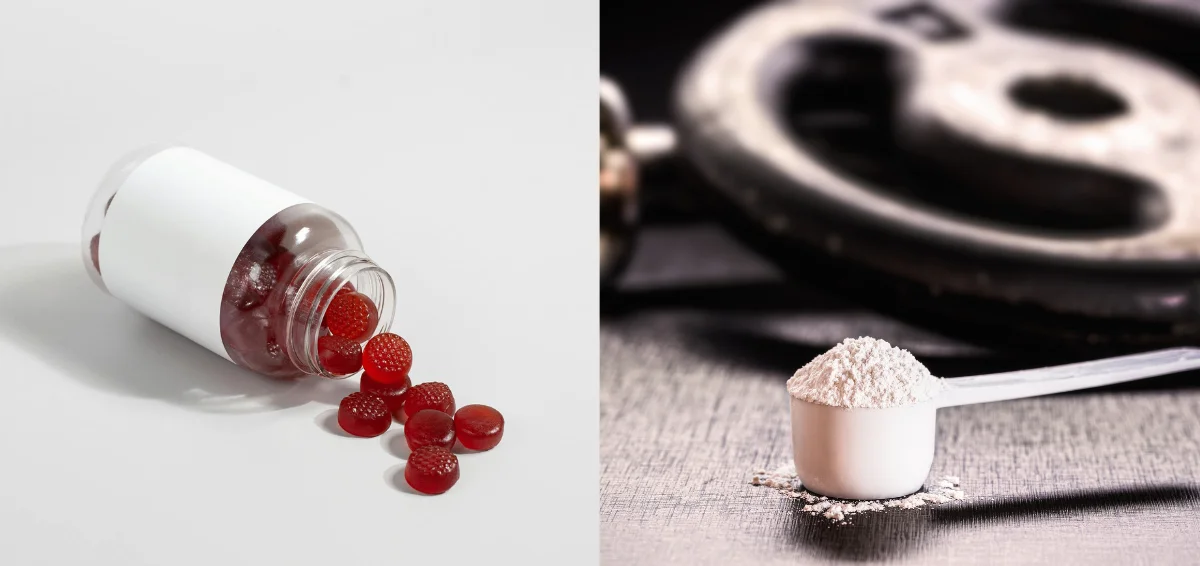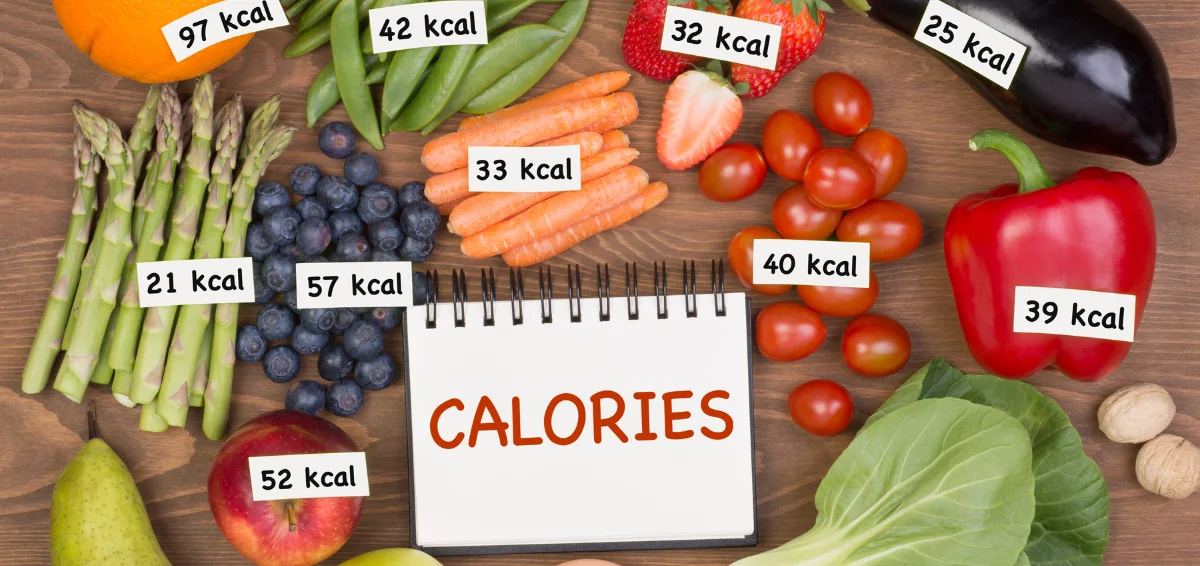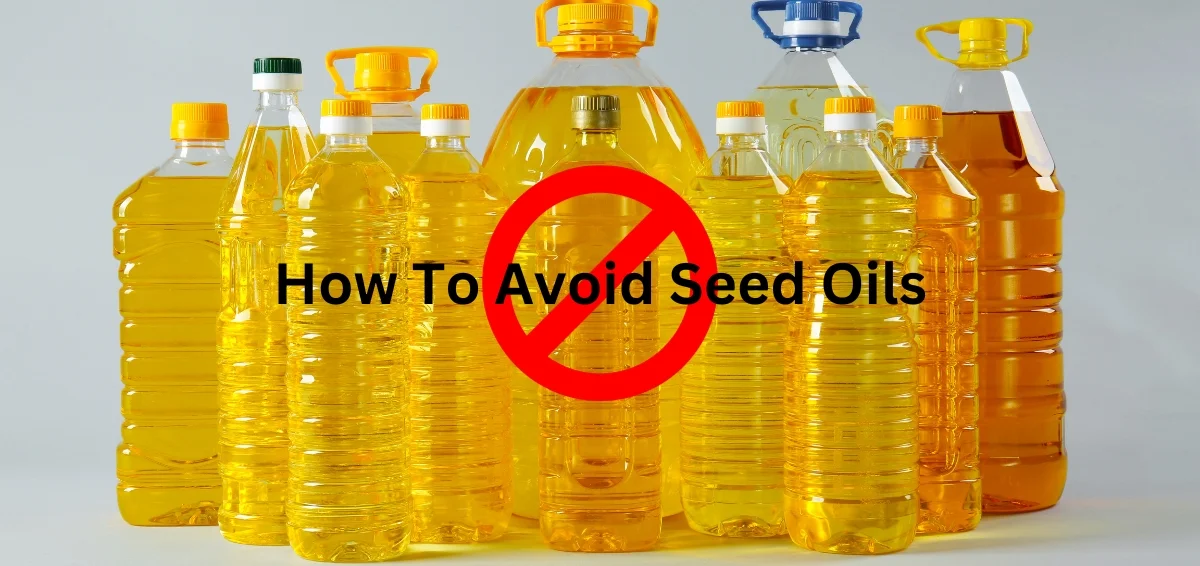
One of the diseases that has become increasingly common is liver disease. Modern sedentary lifestyles and higher alcohol intake are largely responsible for its rise. Liver disease is diagnosed through various parameters. One of them is alkaline phosphatase (ALP).
ALP is an enzyme in the blood that breaks down proteins. It is used for various bodily processes, such as digestion and removal of waste. High ALP levels may indicate liver disease or a bone disorder.
Thankfully, you can control high ALP levels by changing what you consume. Certain foods increase the levels of this enzyme. If your alkaline phosphatase levels are more than normal, avoiding certain foods will help prevent liver damage. Generally, fatty, fried, or processed foods, too much alcohol, sugary drinks, and foods with high refined carbohydrates should be avoided.
Here’s a list of what foods to avoid if alkaline phosphatase is high.
Must Read: Is It Possible for an Individual to Exercise Too Much?
8 Foods to Avoid If Alkaline Phosphatase is High
1. High-Fat Foods

High-fat food increases ALP activity. This is especially visible in people with B or O blood types. In one study, ALP levels increased by 5.2% 14 hours after a huge serving of a high-fat meal. Oils like fish, coconut, corn, and vegetable oils also increase ALP levels.
Foods with high trans and saturated fat, such as processed meats and full-fat dairy products, force the liver to work hard. This increases the levels of alkaline phosphatase in the bloodstream.
2. Foods With Artificial Phosphates

Today, most food items we eat contain artificial phosphates. Some examples include canned fish, sodas, pastries, cookies, and ready meals. The artificial phosphates in these foods are easily absorbed by the body. What makes higher consumption of these foods dangerous is that they cannot be secreted by the body.
As a result, your kidneys work hard to excrete excess phosphates. Increased phosphatase levels from consuming these foods not only cause kidney disease but also calcify the interior walls of blood vessels. This can lead to strokes and even heart failure.
3. Alcohol

Excessive drinking damages the liver. Did you know that every time alcohol passes through your liver, it results in the death of some liver cells? Yes, the liver can repair itself by developing new cells. However constant alcohol abuse can damage its ability to develop new cells.
High ALP levels indicate a type of liver disease characterized by the blockage of the bile duct. It hinders the transport of bile from the liver. So, if your ALP levels are high and you drink alcohol regularly, the best step would be to monitor its consumption. Reduce it slowly by replacing it with healthier beverages.
4. B-12 Rich Foods
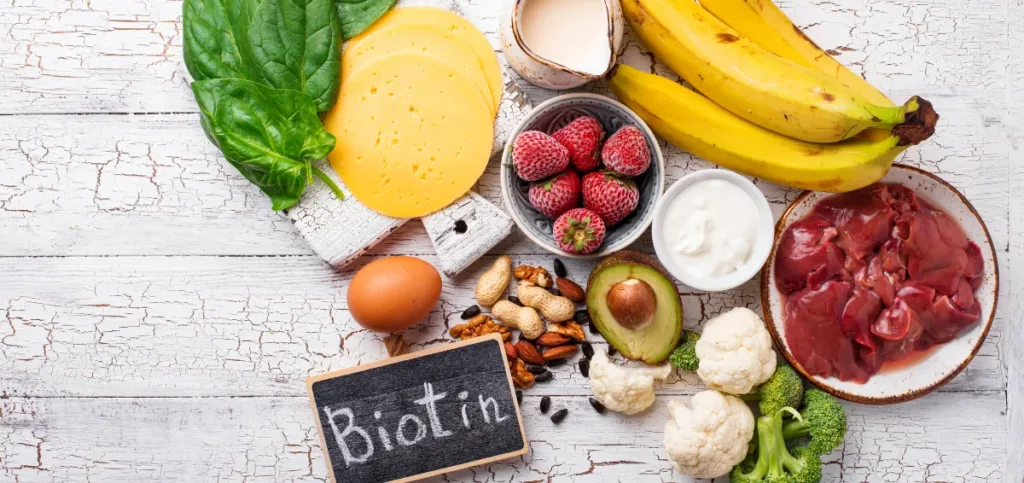
Foods rich in vitamin B-12 can maintain healthy ALP levels. However, an excess of B-12 also increases ALP levels in the blood. Food items like mussels, crab, clams, beef, eggs, chicken, and turkey contain B-12. Other examples include brie cheese, skim milk, rockfish, and beef.
B-12-rich foods are recommended for those with low ALP levels. If your ALP levels are high, you should stop consuming these foods.
5. Foods Rich in Zinc
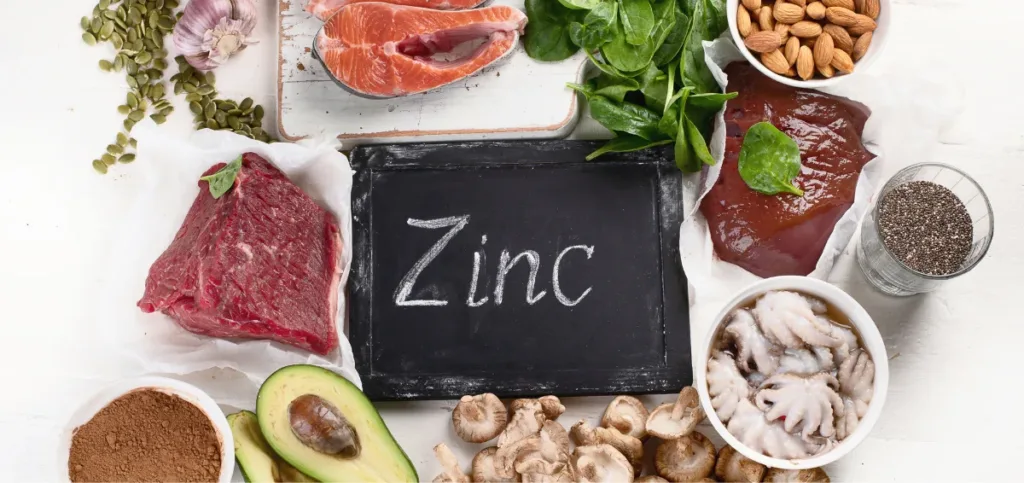
Zinc helps keep the bones healthy. However, it is not recommended for those with high ALP as it raises the levels of this enzyme. This puts such individuals at risk of bone disorders.
Examples of zinc-rich foods include pork, beef, crabs, oysters, and turkey. It is also found in certain fruits, yogurt, cashews, and baked beans.
6. Corn Syrup with High Fructose

A diet high in fructose can increase the risk of non-alcoholic liver disease. So, those with increased ALP levels should avoid eating foods with fructose. Corn syrup is the most common medium through which fructose, a type of sugar, is consumed.
High fructose has been linked with liver inflammation. It can also damage the intestinal barrier, which hinders specific toxins and bacteria from entering the blood.
Also Read: 6 simple steps to start practicing gratitude meditation today
What Should You Eat if You Have High Alkaline Phosphatase?
Several food items can lower ALP activities in your bloodstream. These include the following:
Coffee

A study published in the Korean Journal of Family Practice found that daily coffee consumption significantly decreased serum ALP levels. The study found an inverse relationship between ALP levels in people who drank two or three cups per day and those who consumed one cup a day.
Coffee has an anti-inflammatory effect. If you have higher ALP levels, drinking over three cups of coffee per day will benefit you.
Omega 3 Fatty Acids
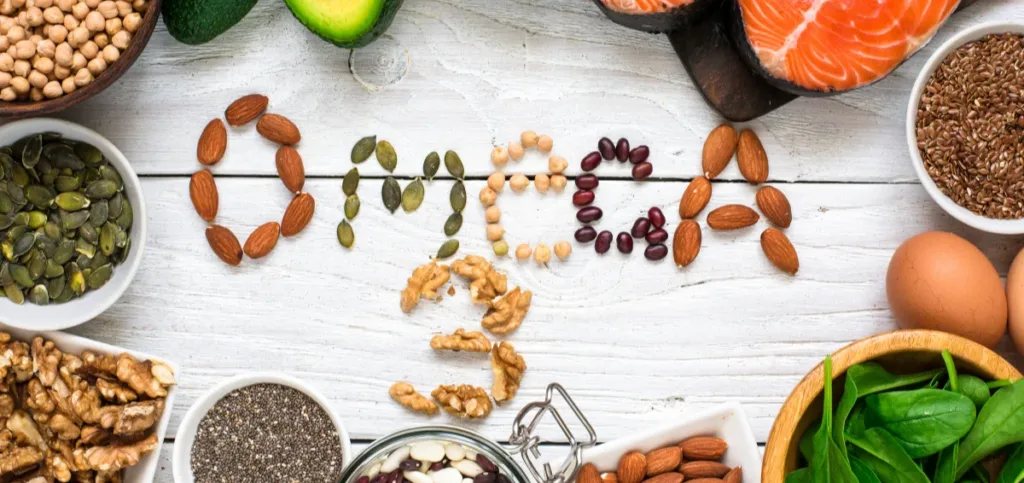
A study published in Bioresearch Communications found that dietary supplementation of omega-3 fatty acids reduces ALP activity. The results were seen after twelve weeks of supplementation. So, it is concluded that omega-3 fatty acids can reduce ALP levels in diabetic patients. The supplementation is helpful in lowering the risk of fatty liver in patients with Type 2 diabetes.
Food High in Copper
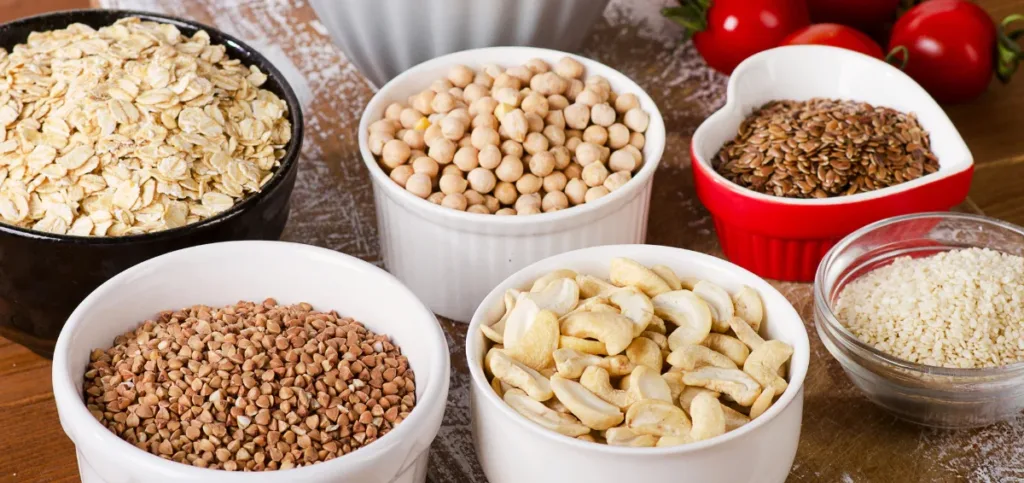
Copper helps in regulating the enzyme levels in the body. It can reduce increased levels of ALP. Those with high levels of this enzyme should include food items rich in copper in their diet. These include lentils, sunflower seeds, almonds, and dried apricots. However, this recommendation isn’t for adults over 19 years old.
Liver Protective Supplements
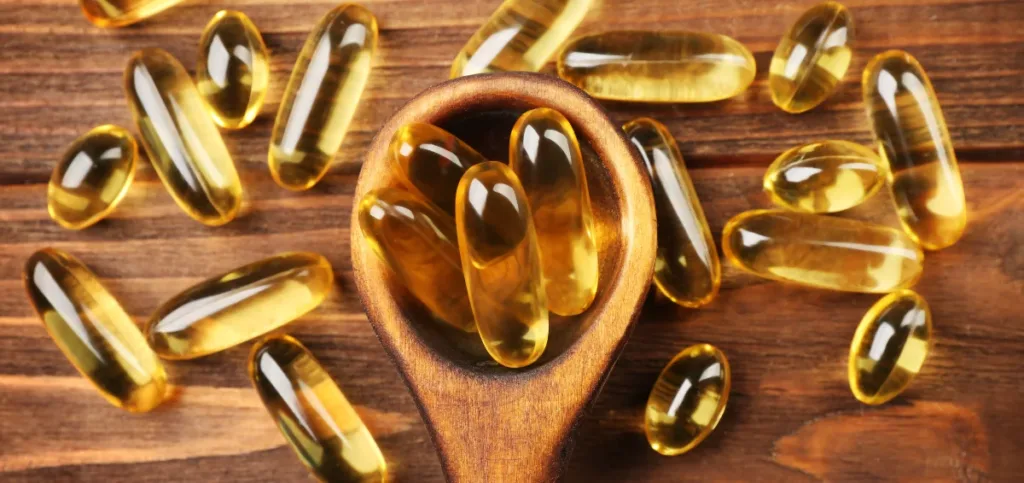
Certain liver protective supplements, in conjunction with alcohol reduction, can help minimize ALP levels. These include the following:
- Vitamin C (500 mg)
- Taurine (500 mg)
- Milk thistle
- N-Acetyl Cysteine (NAC)
- B Vitamins in low dosages
- Lipoic acid
- L-Carnitine Alcar
However, before including these B supplements, it is best to talk with your doctor.
Other Ways to Lower Alkaline Phosphatase Level
In conjunction with including the food items mentioned above, the following lifestyle changes are recommended to reduce ALP levels.
Get More Sunlight

Vitamin D helps manage ALP levels. Although sun exposure during the peak hours from 10 AM to 3 PM isn’t advised, you can get some sunlight before that. Getting at least 20 minutes of sun exposure daily will positively affect ALP levels. However, if getting sunlight isn’t something you prefer, take vitamin D capsules.
Exercise

In a study published in Springer, male athletes who engaged in high-impact training and marathon runners had lower bone-specific alkaline phosphatase levels immediately after the activity. If ALP levels are extremely high, it’s best to make regular exercise a part of your routine. It also prevents unhealthy eating of food items that can increase ALP levels. Exercise also reduces fatty liver conditions.
Stop Smoking
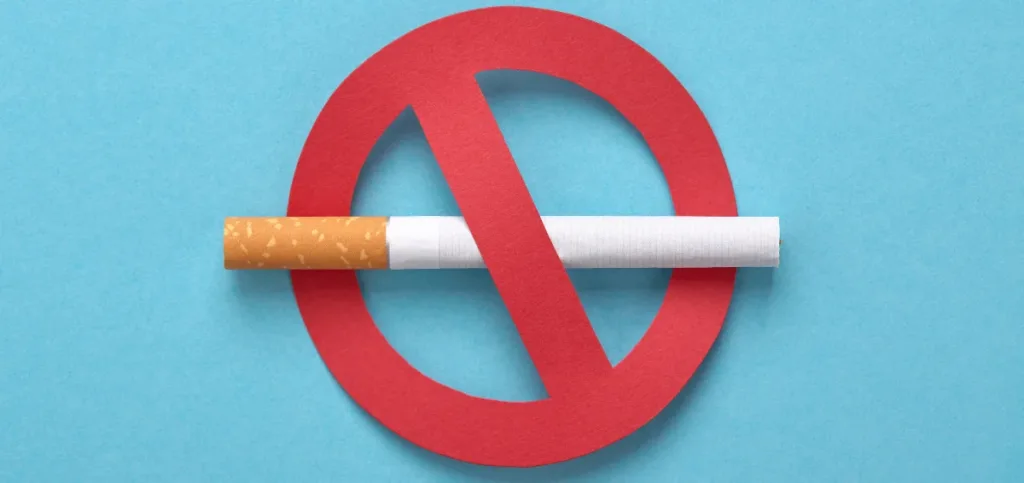
Smoking has been shown to negatively affect the liver. It also aggravates the effects of alcohol on the liver. Cigarette smoking has been associated with greater levels of alkaline phosphatase. Smoking is particularly bad for those who also drink alcohol. It does not only increase the levels of ALP but also other enzymes like CGT. All this can lead to liver damage.
Conclusion
High levels of alkaline phosphatase can cause liver problems. If left unchecked, it can result in diseases like Cirrhosis and Hepatitis. With certain lifestyle changes and dietary modifications, ALP levels in the blood can be lowered to normal. As always, consult a health expert if you find it challenging to adhere to the dietary changes for lowering ALP levels.


